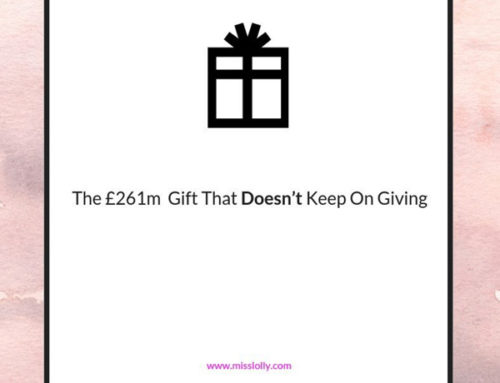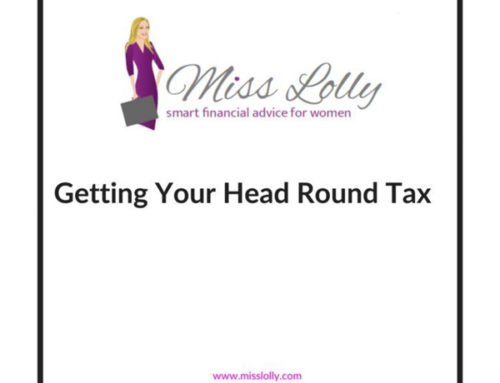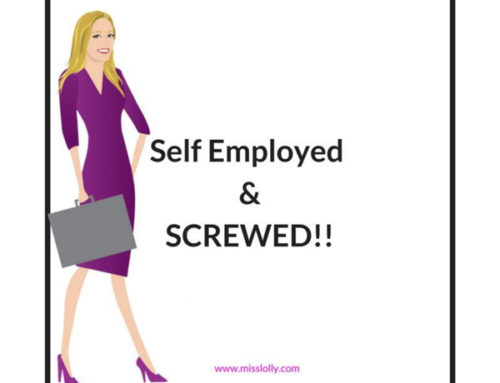It seems to me that small time landlords are the government’s new target. In 2010 I became an accidental landlord when my husband and I bought our first house together. In early 2008 we had bought a flat with another couple at the peak of the market and to sell in 2010 would have meant selling at a loss. So we decided to rent it out. The flat is close to Wimbledon station and has proved to be a great investment over the last 6 years. We have never had a void period (fingers crossed), the rent has always covered the mortgage and the value has gone up.
However over the last year I have never thought about selling our old “party pad” so much. The government has gradually introduced rules to make it less profitable and even more difficult to get the numbers to work. Here are the problems landlords are now facing and the things to consider in full before you buy an investment property.
Tax!
The way you are taxed on rental income is changing. Currently if you had a mortgage that cost you £500 per month (interest only) and rental income of £1000 per month, you would pay tax at your marginal rate on the £500 profit. Therefore if you are a 40% tax payer you would pay £200 tax each month
From 2020 you would pay tax at 40% on the full £1000 i.e. £400 per month. Then you would claim a 20% credit against the mortgage. So 20% of £500 is £100 per month. So £400-£100 = £300 to pay.
This is 50% more tax than you would be paying under the current rules!
Obviously I have made this calculation simple and not taken into account expenses etc. Ideally you will want an accountant to help you.
And More Tax!!
Regardless of what level of income tax you pay, you will pay a higher rate of capital gains tax if you sell a residential property that is not your home. For example a high rate tax payer pays capital gains tax at 28% on residential property that is not their home. On other assets that have gone up in value, tax is due at 20%.
And Finally More Tax!!!
Stamp Duty is a tax you pay when you buy over a certain value. If you are buying an investment property that you are not going to be living in, you will pay an extra 3% stamp duty. This can have a massive impact on the upfront money you need to buy a property. Here is a helpful calculator https://www.tax.service.gov.
There are of course other challenges such as less favourable lending requirements. I am seeing clients now having to put 40-50% deposits down to get properties in London and the South East to meet new strict lending requirements.
Who knows what the future of the buy to lets will be. All I know is that the government (rightly so) needs to make it easier for people to get on the property ladder and also to eventually move up the property ladder. Their strategy so far has been to try to reduce the demand. Personally we intend to keep our little flat for the time being. The growth in value seems to still be paying off………. for the time being anyway.
Lots of Love
Miss Lolly xx








Leave A Comment